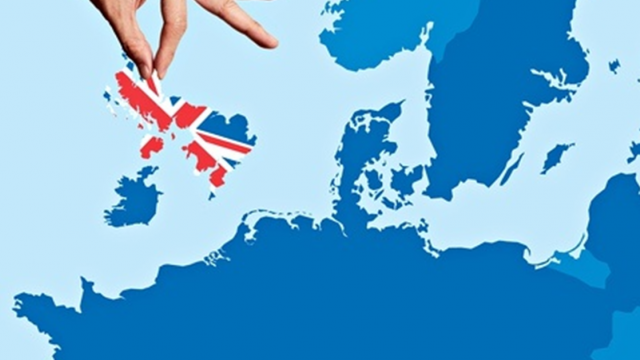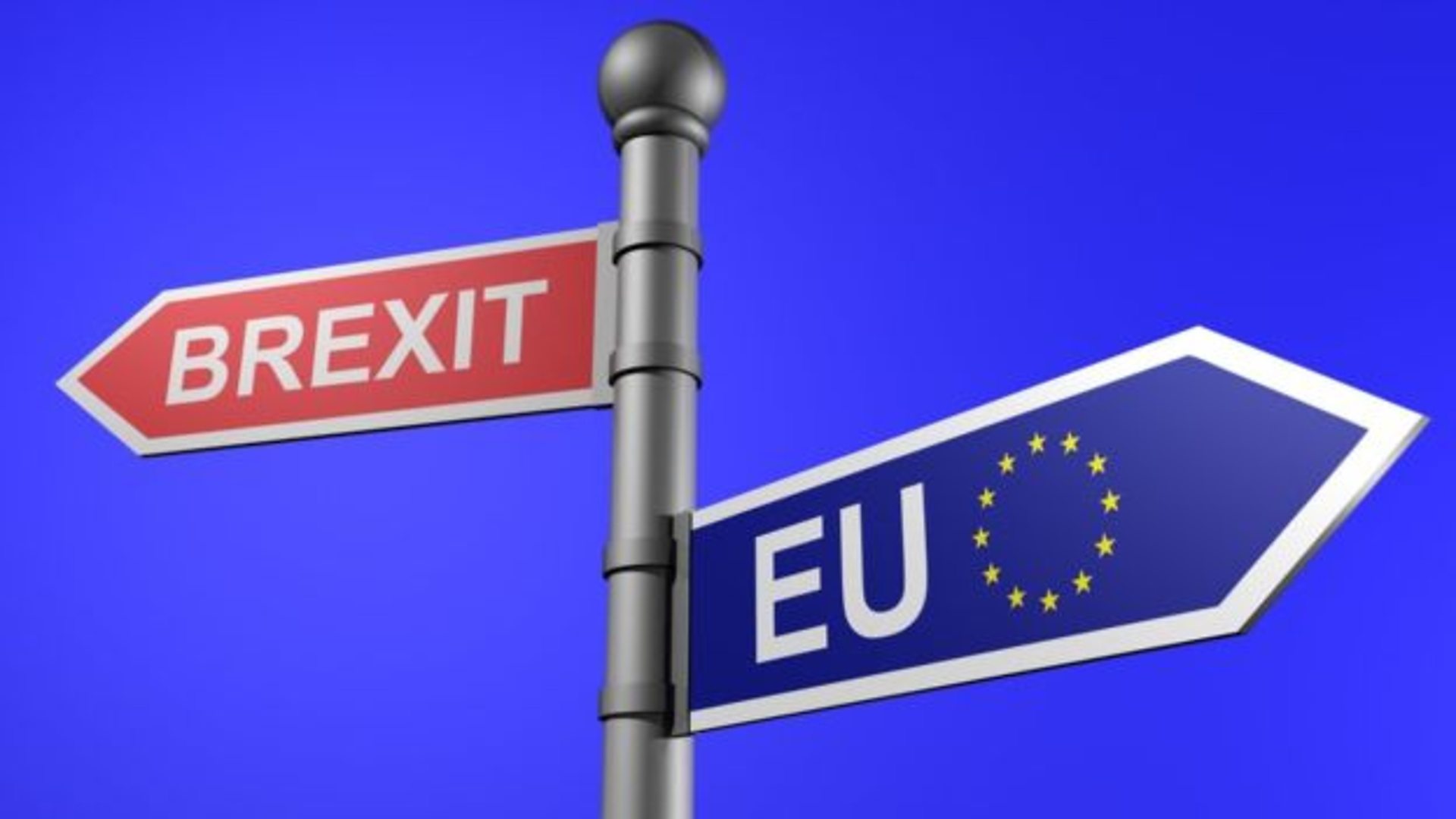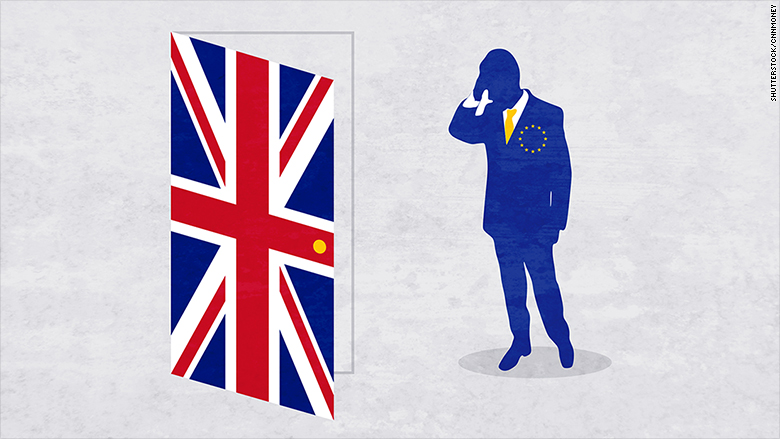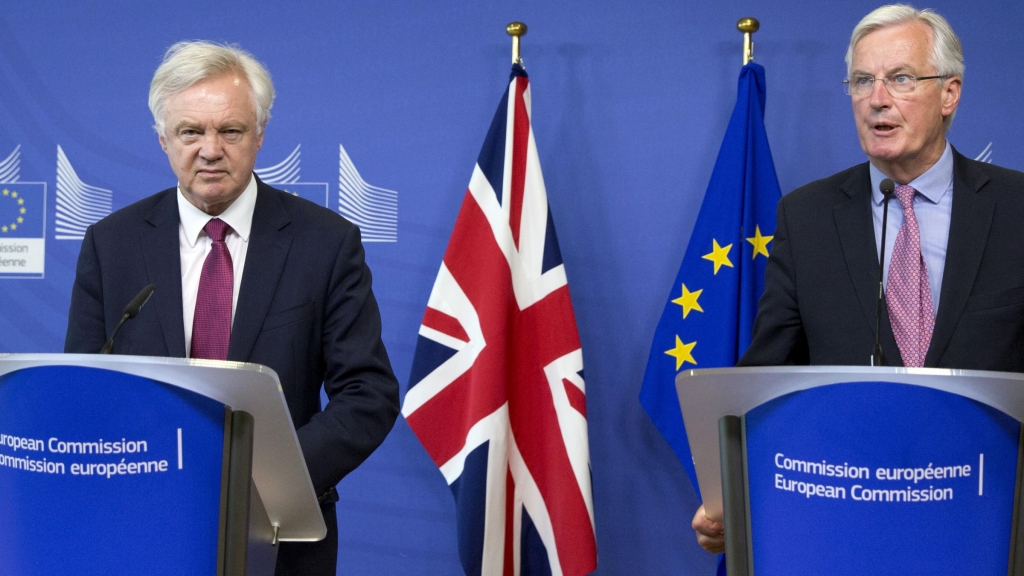
The fallout from last week’s latest round of talks on the UK's Brexit from the European Union has been dramatic. Critics are predicting mayhem in the run-up to the proposed autumn 2019 deadline for negotiations, but more optimistic voices are suggesting that the government is simply playing its cards close to its chest. On July 27, Malta's prime minister and top EU official, Joseph Muscat, even saidhe was “starting to believe Brexit would not happen.”
Speaking the next day on BBC Radio 4, UK Chancellor of the Exchequer Philip Hammond confirmed rumours that the government will be applying for a “transitional period” of three years in order to fully implement agreements between the official March 2019 Brexit and the next election in 2022.
“The important point is that we are able to get started on that process and during a transition period when we would hope to have continued access to the European market it may be that during that period we don’t bring those new agreements into force,” Hammond said. “But it will take us time anyway to negotiate them.”
Yet time may be ticking faster than Hammond wishes, after chief EU negotiator Michel Barnier allegedly threatened to suspend Brexit talks for two months unless Britain clarifies its position on whether or not EU citizens living in the UK will be allowed to stay, and agrees the final amount of the so-called “divorce bill” payable to the EU.
“The lack of progress has been disappointing,” Will Cousins, press officer for Open Britain, told Occupy.com. “The things that need to be dealt with first, before you can talk about the future relationship at all, are the rights of EU citizens, the ‘divorce bill’, and the Irish border issue. The aim was to get all of those three things wrapped up by October, and it’s four months since the triggering of Article 50 and nothing has happened.”
Cousins said he agrees that a transitional period is the UK's only hope for reaching a satisfactory compromise with the EU. “I think if the government negotiate better, then we can get EU citizens and the other ‘divorce’ issues sorted by then, and we can agree that there will be a transition, during which there will be negotiations about the future trading relationship. But you can’t get the whole thing wrapped up in the next less than 18 months,” he said.
Brexit mayhem, or not so much?
However, Anand Menon, a professor of European politics and foreign affairs at King's College London, and the director of the UK in a Changing Europe initiative, disagrees.
“I don’t think [the talks] were that chaotic,” said Menon, speaking with Occupy.com. “The British side has got a perfectly adequate team working on the negotiations. The issues are complex, but the civil service know what they’re doing and it would appear since the elections that the ministers are listening to them.”
Menon said he believes British ministers “have a fairly good consensus” when it comes to a transition period. “There are lots of different opinions in the party. But the government has got a pretty clear line.”
The ruptures within the Conservative party over Brexit are dominating the front pages almost every day, as leaks and ministers apprehended for issuing unofficial statements abound. “There are clearly a lot of divisions within government, between hard Brexiteers and softer Brextiteers, like Philip Hammond, but also between departmental priorities,” added Cousins. “We’ve seen that this week in trade, with the issue of bringing chlorine-washed chicken into the UK after we leave the EU and are no longer bound by its ban.”
Menon suggested that an unofficial leadership contest of sorts is being played out in the wake of the Brexit vote. “There’s a very interesting split in the Conservative Party, with the majority of backbenchers becoming increasingly irritated with Cabinet squabbling and waiting for Theresa May to stand down,” he said.
“Indeed, there’s a feeling amongst many of the MPs who joined parliament in 2010 that these dinosaurs have had their day. They’re saying, ‘Let’s let Theresa May do Brexit, let’s get that out of the way, because we don’t want a leadership contest about Europe. The way to avoid that is to have left before we have it.’ Then the party can appoint someone from the next generation, not Foreign Secretary Boris Johnson or Secretary of State for Exiting the European Union David Davis.”
Last year, a survey conducted by the Office of National Statistics found that 117,000 EU nationals left the UK in 2016 – a 36 percent increase on 2015. To many, it's abundantly clear that the exodus was directly connected to the EU referendum.
“What’s most concerning is the rights of EU citizens, because these are 3 million people in this country who are still living in this state of legal limbo and have been since the general election,” said Cousins. “And now the government is even trying to give itself the power, through the Repeal Bill, to change their rights even if there’s no deal.”
Menon agreed that the issue of “who gets to adjudicate EU citizens’ rights in the UK” is a crucial question. “The EU wants its court to have jurisdiction and the Brits are saying, ‘We voted to take back control, so there’s no earthly way we’re going to let your courts have a say over this.’ So there’s a gap between the two positions. I think they’ll try and come to a compromise, but I haven’t a clue what that will be," he said.
What the Brexit "divorce" is all about
The EU is demanding what has come to be known as a “divorce settlement” in the event of the UK leaving the EU. However, the actual figure of the settlement has yet to be decided.
“It is up to both sides to look at the commitments where funding has already been promised and to come up with a number,” said Cousins, "because this isn’t a political question. This isn’t a case of ‘Well, if you’re leaving Europe then you must owe us loads of money.’ It’s about projects that have already been started or have already been planned, which the UK has already agreed to part-fund. We need to work together with the EU, with the Commission, to come up with a fair number.”
But Menon is convinced that the UK is intentionally procrastinating for other reasons. “The British government is partly being coy on purpose because they want to hold off talking about figures until we start discussing a trade deal, because the British government wants to trade off our money against their trade,” he said. “Now the EU doesn’t want to that to happen, so we’re just going to have to see who wins in that battle of wills. The British government wants to keep it vague for as long as possible, but that’s deliberate. It doesn’t mean the British government doesn’t have any ideas, it means that it’s part of a strategy.”
The Irish question
Ireland has been divided in half since 1922, with Northern Ireland forming part of the UK and the Republic of Ireland operating as an independent state. The Republic of Ireland has, crucially, insisted that it will not be leaving the EU. “The Irish border is a big legal issue that ties into security and all sorts of things,” says Menon. “The one difference between that issue and the others is that there is an EU member state that shares Britain’s concerns – the Republic of Ireland. And that shows the dynamics, and I think that will make the EU more willing to be flexible on the other issues, because they have to satisfy the Republic.”
Cousins pointed out another border problem. “If we leave the Customs Union, if we leave the single market, if we want to implement some kind of new Draconian immigration system – which are all things that the government appears to want to do – we are talking about setting up entirely new customs and immigration systems, in what is now less than two years,” he said.
“I think it’s very far-fetched to believe that this can be done. This suggests two things. Firstly, the importance of a long transitional period in which nothing changes, so that there is the time to get these things up and running. Secondly, it recommends continued membership of, particularly, the Customs Union, after we leave the EU. Otherwise we’re going to have to spend a lot more time and money setting up a new Customs procedure which will still not provide as free trade with Europe as we have now.”
Removing Britain from the single market and the Customs Union, both conditions of a “hard Brexit,” is a big step that has important implications for both the UK and EU. Equally, prevaricating over the exact conditions of a “soft” Brexit also has the potential to do damage. With a government seemingly bent on backtracking on its promises and delaying negotiations, for whatever reason, it's no wonder that many UK citizens – including large numbers of its politicians – are in a state of real unease about what the future might hold. The Brexit discussions are becoming something of a hall of mirrors, with no clear vision in sight.
3 WAYS TO SHOW YOUR SUPPORT
- Log in to post comments

















